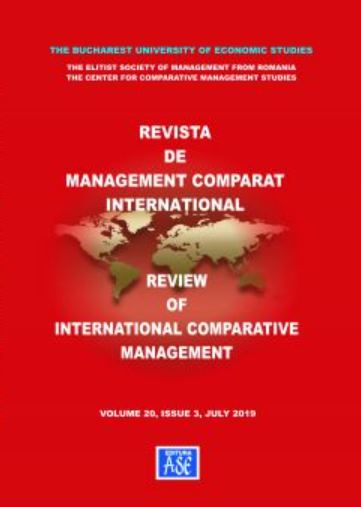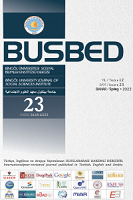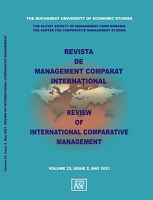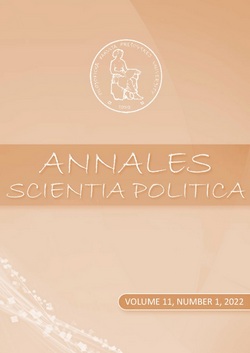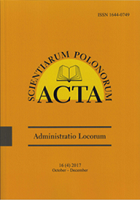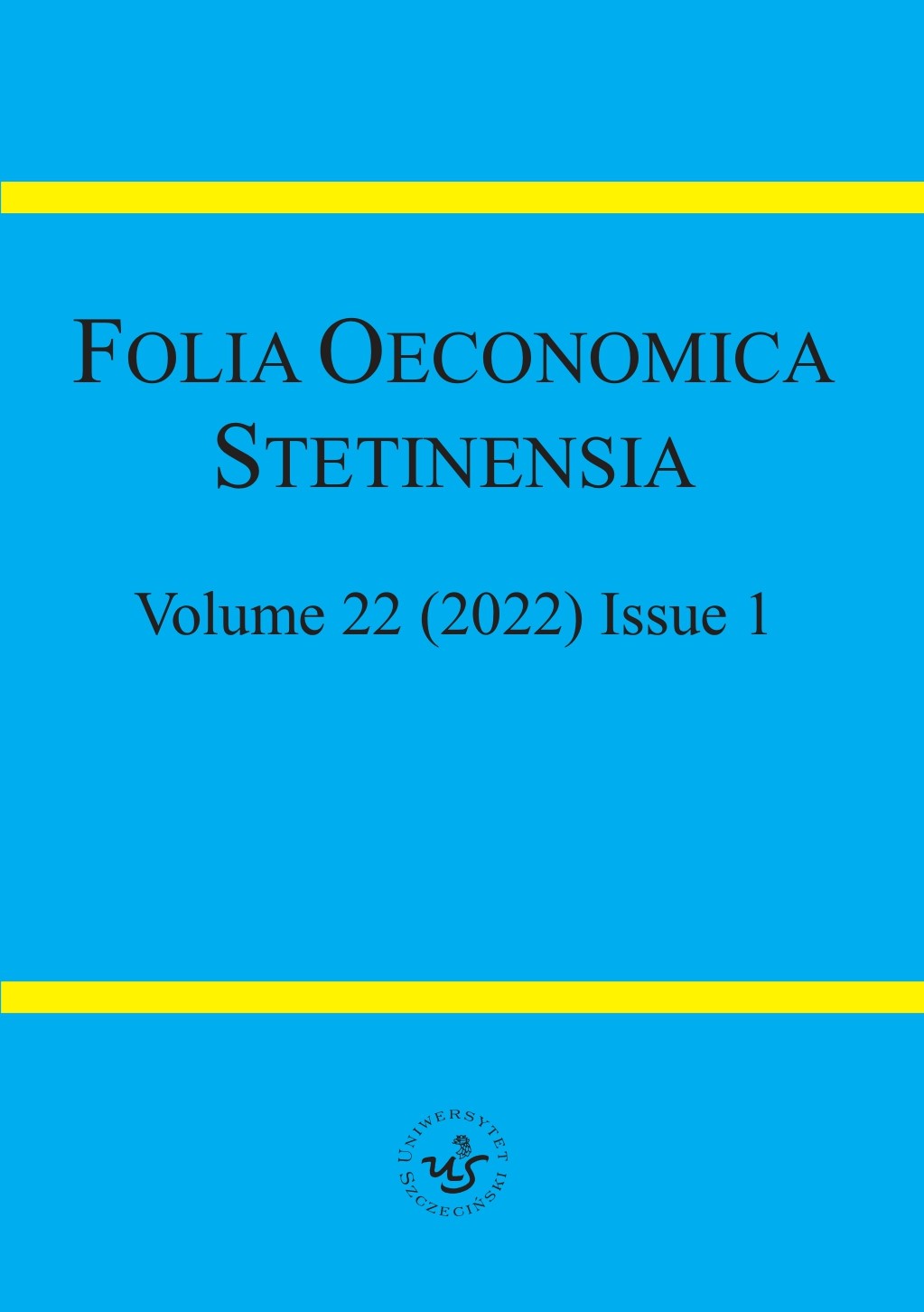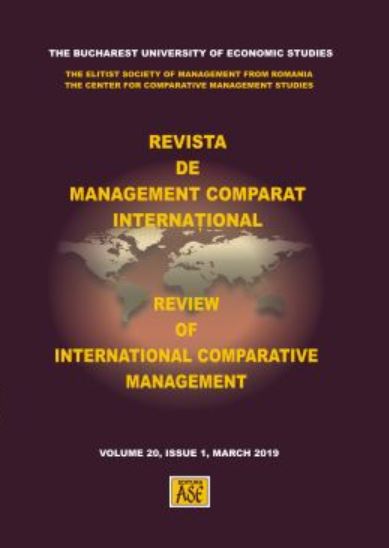
Implementation of a New Performance Management System – Driver for the Change of the Organisational Culture in a Telecommunication Company in the Middle East
Many companies around the world consider the importance of the organisational culture for their success. Through this research, we aim to understand how the organisational culture can be changed by the implementation of new performance management system. This paper presents a case study where a consultancy company designed and implemented a performance management system for a large, multicultural telecommunication company in the Middle East. The article shows what were the approach and phases of the project, what was the impact on the initial cultural problems and also what were the success factors. Moreover, through this case study we could understand that companies can address and change the organisational culture by implementing performance management systems that is based not only on results or the outcomes produced, but also on the behaviours of their employees
More...
